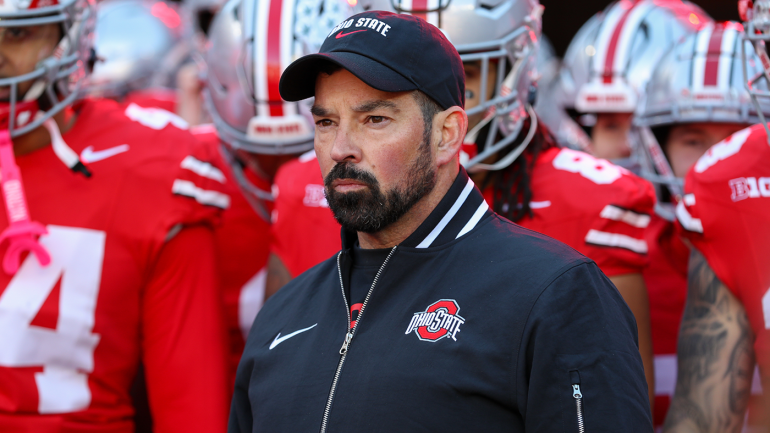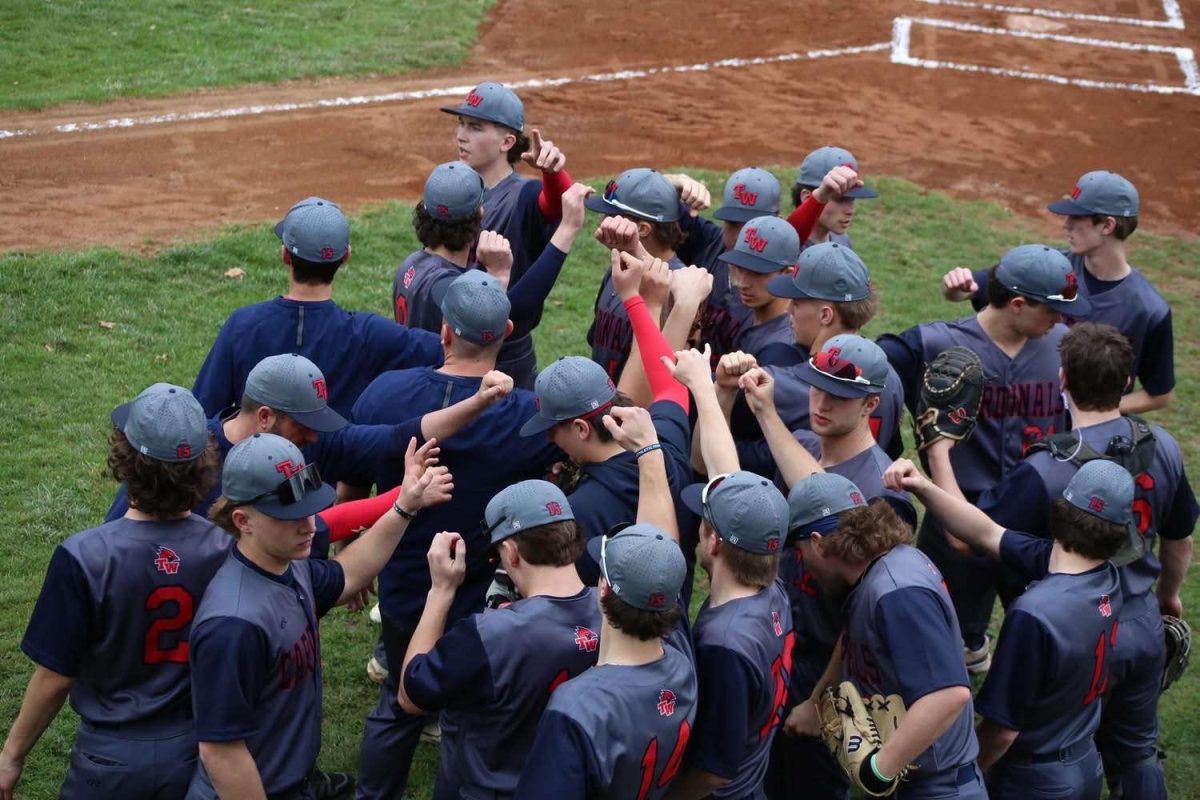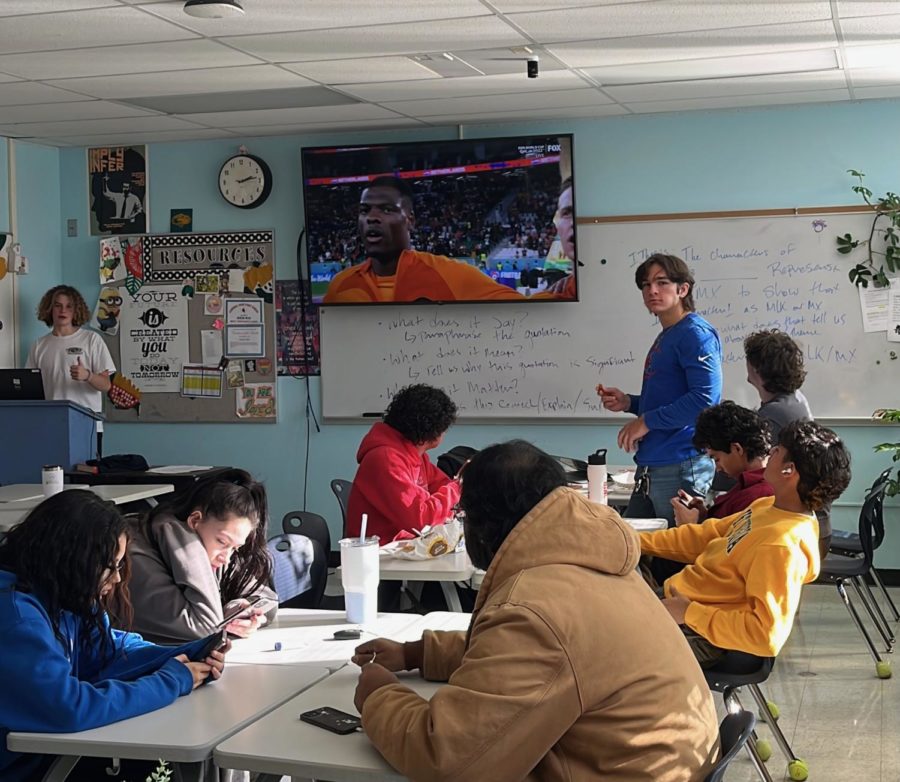Final Recap: The World Cup 2022
December 19, 2022
The FIFA World Cup ended yesterday, December 18, 2022, with Argentina victorious over the reigning champion, France. The Fifa World Cup is an international soccer competition that occurs every 4 years beginning in 1930. Only 32 of 211 national soccer teams around the world qualify to play, so the competitors are the best of the best.
At the beginning of the tournament, teams are divided into 8 groups of 4 and they get the chance to play each other. The winning team gets 3 points, the losing team gets 0 points, and teams that tie get 1 point. The 2 teams with the most points from each group advance to the next round.
After the initial group stage, 16 teams remain. The 16 teams then enter into something known as the knockout stage, or the round of 16, which follows a traditional bracket format. The losing team is out and the winning team advances to the next game until there are 2 teams left, who will then play each other in the finals.
This year the world cup was held in Qatar, in the Middle East. Due to the extremely high temperatures during the summer, the tournament was played in the winter for the first time in World Cup history. As a result of the unusual timing, students at TWHS were able to watch the matches at school during their free periods. It was especially important for the students who have grown up playing and watching soccer for most of their lives.
“It was great to be able to come into my teacher’s classroom and hang out with friends and watch these great games with my friends,” said senior Finn Duffy. “It was cool to hang out with people I knew and even ones I didn’t know because we were all there to watch the game. It brought people together.”
Every soccer player around the world has been gearing up for this exciting World Cup. Everyone has a favorite to win it all.
“France is looking great and they’ve only got better since their last world cup win in 2018, even without Paul Pogba and N’golo Kante, who are their best midfielders. They have good youngsters like Tchouameni and Camavinga who can fill those roles, and with their deadly attackers like MBappe, they have a good chance of scoring goals and winning,” said junior Jackson Saunders, prior to yesterday’s win. Many had France to win it all again, but clearly Argentina, led by Lionel Messi, proved them wrong.
The tournament preparations in Qatar have shined a spotlight on the army of workers that have done nothing less than redraw the country over the past decade. It has also exposed the system that exploits their labor and their desperation, which has cost them thousands of lives.
In general, the decision to host the World Cup in Qatar has been a source of controversy. Criticism has been focused on Qatar’s poor human-rights record, particularly its treatment of migrant workers and women, and its position on LGBT rights. This has led to allegations of sports-washing, a form of propaganda that erases major political issues in the public eye for the sake of athletic competition. This detracts from the humanitarian or socio-political issues that would otherwise be highly scrutinized. Qatar’s stance on the rights of LGBT people is common in various other Muslim-majority countries; furthermore, any kind of sex outside marriage is also illegal in Qatar, putting those who violate that law at risk for extreme punishment.
Another controversy caused by this year’s World Cup is related to alcohol. Budweiser has been an official sponsor of the FIFA World Cup for the last 36 years. During preparations, the company built a hotel and several tents near the stadiums with Budweiser logos plastered everywhere. For most countries around the world, beer is a staple at sports games. However, two days before the first game, Qatar’s government prohibited the sale of alcoholic beverages in and around the stadiums. It’s estimated that it cost the company almost five million dollars. However, they were only permitted to sell non-alcoholic Budweiser Zero during the World Cup.
In addition to the questionable ethics of the location and construction of facilities for the cup, it has brought countless upsets during the athletic contests themselves. Fans were shocked when Argentina lost to Saudi Arabia, Germany lost to Japan, Brazil lost to Cameroon and Croatia, and Portugal lost to Morocco. The final turn of events with Argentina’s triumph over France added yet another layer to the excitement.
The next FIFA World Cup will be held across North America in host countries Canada, the U.S, and Mexico in 2026.

























